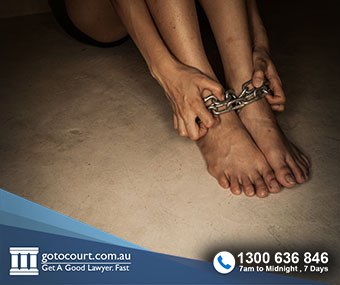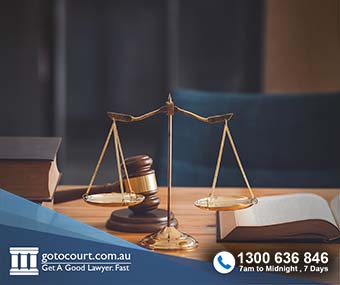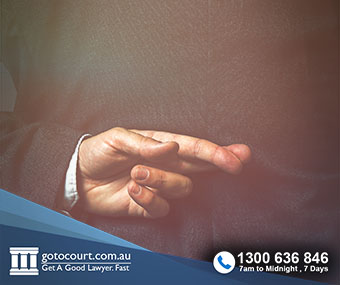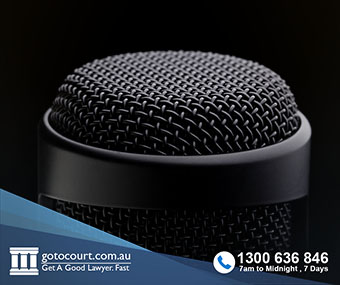What Happens After An Arrest? (Qld)
When an incident or offence is reported to police, they will commence an investigation and determine whether a criminal offence has been committed. If the police believe that they have a suspect, steps will be taken to obtain evidence against that person, and charges may be laid. They may arrest the suspect and then the suspect may be bailed or remanded. In other cases, the suspect may simply be summonsed to attend court.
Police interview
The police will usually ask a suspect whether they wish to participate in an Electronically Recorded Interview. This is an interview between police and the suspect, which is recorded and can be used as evidence against the suspect if they are charged.
It is always advisable not to participate in an interview until you have had legal advice. Police are usually trying to obtain evidence against the suspect, rather than trying to understand if there is a defence or excuse for the suspect’s actions. Furthermore, the police are trained in interview techniques, and a suspect may say something that is prejudicial to their case without realising. This, of course, can affect any defence they may wish to advance.
It is likely that when police ask to interview a suspect:
- The police already have sufficient evidence to charge the suspect, and are obtaining the evidence as a process, or to obtain evidence to strengthen their case; or
- The police do not have sufficient evidence to charge the suspect and are seeking to obtain the evidence from them in order to charge them.
Suspects do not have to participate in police interviews and each person has the right to silence. No adverse inferences can be drawn from a refusal to participate in a police interview.
Laying charges
If the police believe they have sufficient evidence to charge a suspect, they will lay charges. This may occur with or without an arrest being made.
Depending on the charges, the police can charge a person at their home or at the place the offence is alleged to have occurred, of they can request that the person accompany them to the police station.
When an accused is charged with an offence, the police must determine whether to issue a notice to appear, or whether the accused should be entered into bail, or whether bail should be refused.
Notice to Appear
A notice to appear is a notice, in written form, that details the charge, the particulars of the charge, the details of the accused and the details of the first court mention date, including time, date and location. It is generally given to an accused with a limited history, and for less serious charges.
The accused must appear at the first court date. If they fail to appear, a warrant will be issued for their arrest. At the first mention, depending on the charges, the magistrate may adjourn the matter to a later date, finalise the matter by a plea of guilty, or hear a plea of not guilty and list the matter for a hearing.
If the accused fails to appear, the court will likely issue a warrant for the arrest of the accused. If this occurs, the police will seek to arrest the defendant and bring them before the court.
Bail
Bail is the right to remain in the community pending the determination of criminal charges. There are two types of bail:
- Watch house bail – this is determined by the arresting officers. They will determine whether to give bail, and require the defendant to sign an undertaking making a promise to attend court on the date set by police;
- Court ordered bail – this is when the police refuse to grant bail, and the defendant must appear before a Magistrate to determine whether bail should be granted.
If the charges are too serious to simply issue a notice to appear, the police will need to determine whether to grant bail and the conditions on which bail should be granted. The more serious the charges, the less likely that police will grant bail. An offender will also be less likely to receive bail if they have a history of failing to appear at court.
First mention
When a defendant is charged with a criminal offence, they are given a court date. This is known as the first mention. All criminal matters commence in the Magistrates Court regardless of which court is required to finalise the charges.
If the matter is a serious indictable offence, the charges will be heard in the District Court of Queensland. The matter will be required to be committed to the higher court.
If you require legal advice or representation in a criminal law matter or in any other legal matter, please contact Go To Court Lawyers.






